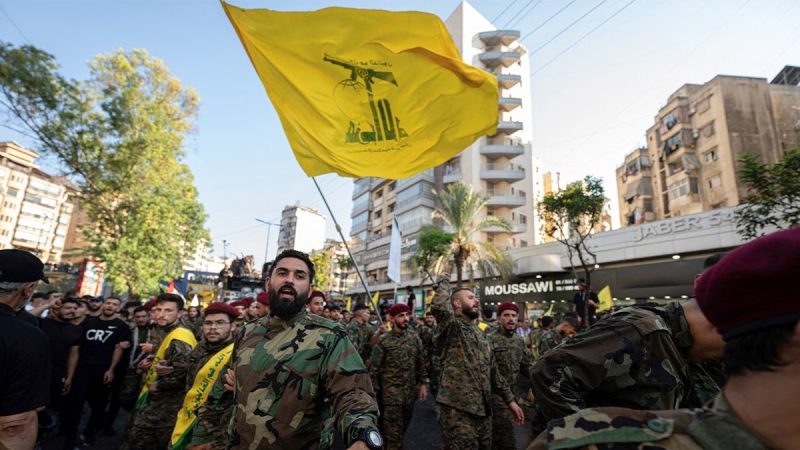Hezbollah: The X-Factor in Looming Israel-Iran War with Nation-State Capabilities
The complex web of geopolitical tensions in the Middle East has long been a source of intrigue and concern for global policymakers. At the heart of this volatile region, the ongoing power struggle between Israel and Iran has drawn the attention of the world due to the potential for a looming conflict. However, amid this tense backdrop, there exists an organization that has the potential to tip the scales in favor of one side or the other: Hezbollah.
Hezbollah, a powerful Shiite militant group based in Lebanon, has established a formidable presence in the region over the past few decades. Initially formed in the 1980s in response to the Israeli occupation of southern Lebanon, Hezbollah has since evolved into a well-organized political and military entity with significant influence in Lebanese politics and strong ties to Iran. This unique blend of military expertise and political clout positions Hezbollah as a key player in the complex dynamics of the Israel-Iran conflict.
One of Hezbollah’s most significant capabilities is its extensive arsenal of missiles and rockets, which are estimated to number in the tens of thousands. This formidable arsenal, combined with Hezbollah’s experience in asymmetric warfare gained from its involvement in conflicts such as the Lebanese Civil War and the Syrian Civil War, gives the group the ability to inflict significant damage on Israeli targets in the event of a conflict. By using its missile capabilities to strike deep into Israeli territory, Hezbollah could potentially disrupt daily life, cause civilian casualties, and put pressure on the Israeli government to make concessions.
Furthermore, Hezbollah’s close relationship with Iran provides it with a powerful backer that could supply the group with additional resources, support, and expertise in the event of a conflict with Israel. Iran has long seen Hezbollah as a valuable proxy in its regional power struggle with Israel and the United States, and has provided the group with funding, weapons, and training to bolster its capabilities. In return, Hezbollah’s loyalty to Iran ensures that the group will act in Iran’s interests in the region, further complicating the already delicate balance of power in the Middle East.
Hezbollah’s involvement in the Israel-Iran conflict is not limited to military capabilities alone. The group’s extensive social services network in Lebanon, which includes hospitals, schools, and welfare programs, has garnered it significant support among Lebanon’s Shia population. This grassroots support base gives Hezbollah political legitimacy and leverage within Lebanon, allowing it to influence the country’s political landscape and shape its foreign policy decisions. In the context of a conflict with Israel, Hezbollah’s ability to mobilize popular support and rally its followers to its cause could prove to be a decisive factor in determining the outcome of the conflict.
In conclusion, Hezbollah’s status as the X-factor in the looming Israel-Iran conflict is clear. With its formidable military capabilities, close ties to Iran, and extensive social support network, Hezbollah has the potential to significantly impact the dynamics of the conflict and shape its outcome. As tensions continue to simmer in the Middle East, the role of Hezbollah as a powerful and enigmatic player in the region is likely to become even more pronounced, making it a key actor to watch in the unfolding drama of the Israel-Iran power struggle.

